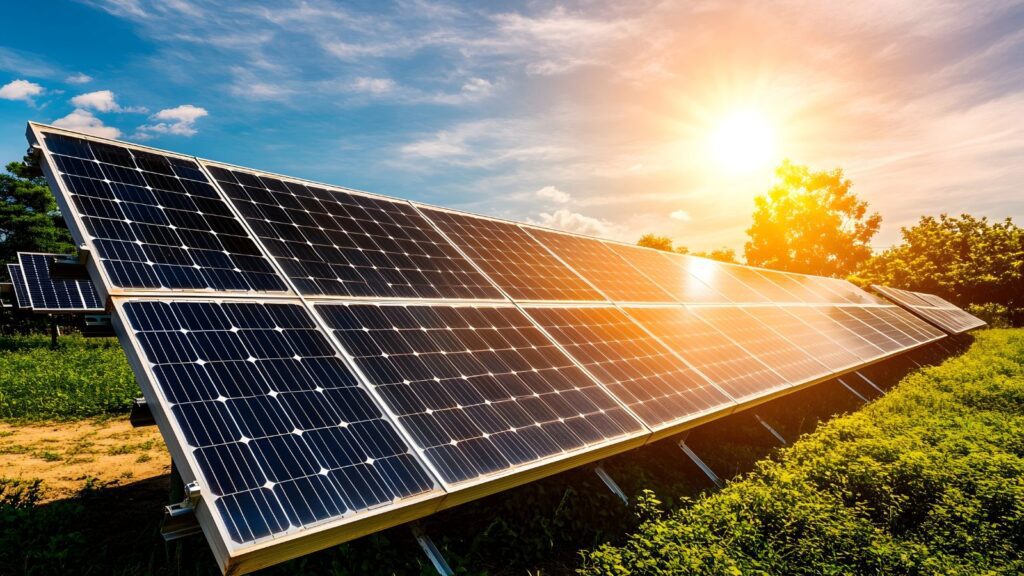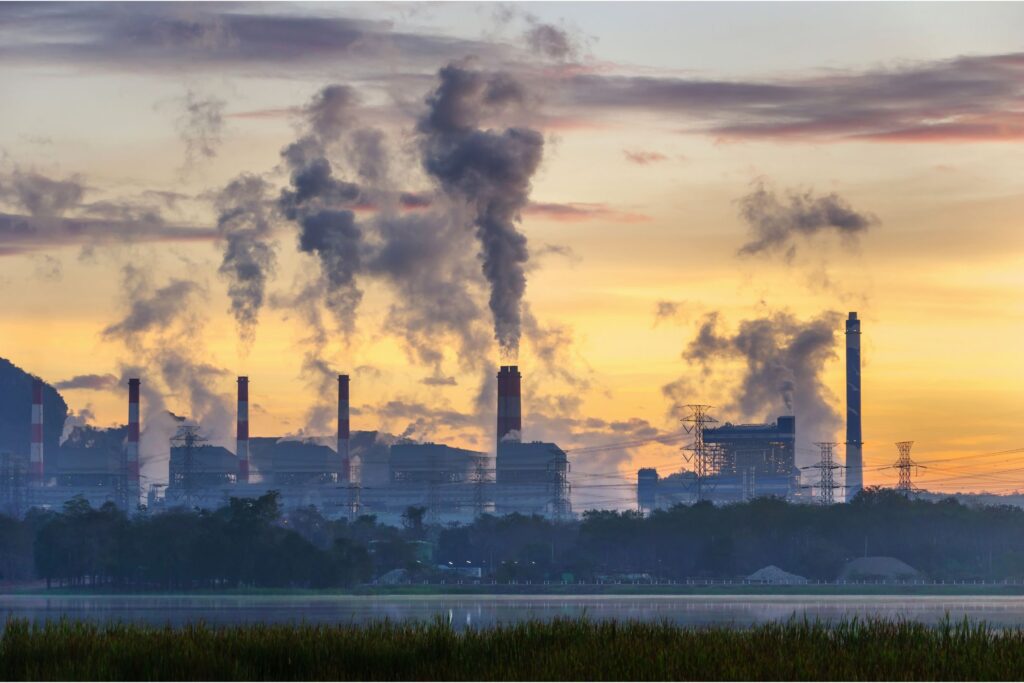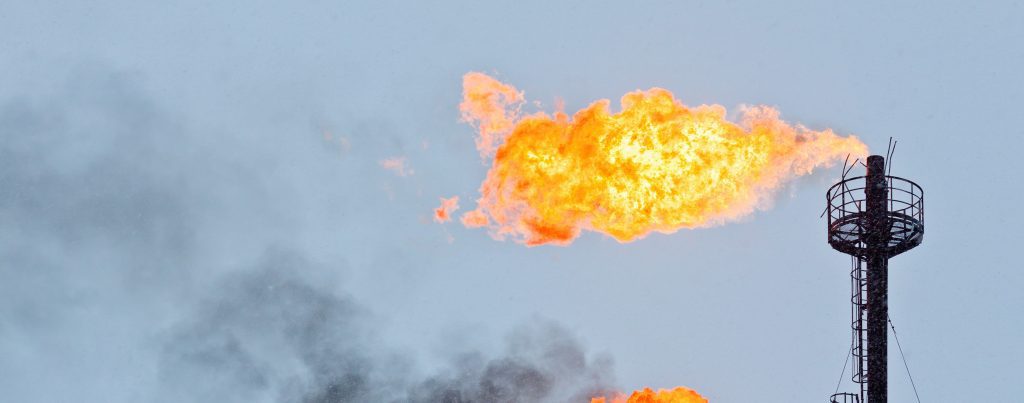From protests against the KinderMorgan pipeline in B.C., to last spring’s massive Act on Climate march in Quebec City, to the diverse march for Jobs, Justice and the Climate in Toronto in July, to protests in New Brunswick over Energy East, over the past year Canadians from coast to coast have raised their voices to say no to risky pipeline projects that threaten our air, water and climate.
A new report released today illustrates that public opposition not only raises awareness about the risks of pipeline projects, it is helping to keep the carbon in the ground – which is good for our shared climate.
For years, the tar sands industry has been pushing plans to dramatically increase the size of Canada’s tar sands. And had industry gotten its way, today’s tar sands production would sharply increase from roughly 2.1 million barrels currently produced every day , to well over 6 million barrels per day and beyond by 2030. And carbon emissions from the tar sands – already Canada’s fastest growing source of greenhouse gas emissions – would skyrocket.
But as we’ve said before, tar sands expansion is far from inevitable. That’s especially evident today , when a perfect storm of low oil prices, high production costs and the lack of export capacity has seen oil companies delaying or cancelling their tar sands projects. Even the tar sands industry association has revised its forecast to reflect smaller outputs.
Today, a new analysis, released by Oil Change International and several major environmental groups including Environmental Defence, reveals that in addition to other factors, the strong and growing public opposition to tar sands pipelines and rail transportation is limiting the industry’s ongoing expansion. The growing people-power movement concerned about our shared climate and risks to our water from pipelines is seeing results.
Where did this public opposition come from? The roots of widespread opposition to tar sands expansion projects and the pipelines that serve them are rather simple.
It’s unacceptable to a large and growing number of Canadians that the tar sands industry would be allowed to triple its climate pollution at the exact moment when the global urgency of cutting carbon is becoming so critical. The tar sands are among the highest cost, highest carbon fuels out there. And once built, a tar sands project produces oil and carbon pollution for decades.
If the planned expansion of the tar sands goes ahead, it will severely limit our ability to fight climate change for generations. The International Energy Agency has warned that we are almost out of time to stop building new fossil fuel infrastructure, if we hope to avoid the worst impacts of climate. We need to leave two thirds of known fossil fuel reserves in the ground to avoid the worst of climate catastrophes.
Opposition to tar sands expansion might be best summed up by asking a question: Why would we let this industry drill big holes in our boat, when we are trying so hard to bail the water out?
The oil industry has pretended for years that if major pipelines like Keystone XL, Energy East, Kinder Morgan or Northern Gateway aren’t built, the oil would somehow find some other way to market. Today’s report shows that’s just not true.
At present, the tar sands pipeline system is 89 per cent full. In just two years, it will be completely full. And as the report shows, rail is not a cost effective alternative. Public opposition has played a major role in delaying new pipelines. And if new pipelines aren’t built, the planned expansion of the tar sands just wouldn’t be profitable enough for industry to bother with.
This means that new proposed pipelines like Keystone XL or Energy East aren’t just options for how to carry tar sands oil – they’re the only real options that make tar sands expansion worthwhile for the industry. And it also means these pipelines would directly lead to massive increases in carbon pollution. Industry has pretended that pipelines don’t matter to tar sands expansion as a way to avoid confronting this harsh reality.
Today’s report shows that without new pipelines, 34.6 billion metric tons of carbon will stay in the ground. This would mean a better chance to maintain a safer climate future. That’s explains why every day, thousands of people are joining a movement saying no to massive oil pipelines, and yes to economic development that gives us the safe future we need.








